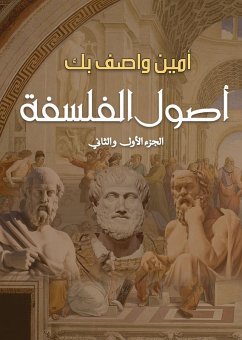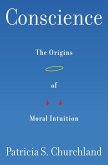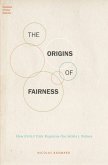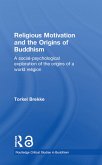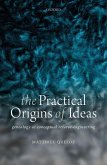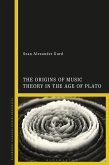Philosophy in ancient times was the sum of the sciences known at that time. The philosopher was familiar with the sciences and arts of his time, including languages, nature, theology, geometry, astronomy, music, laws, medicine, and others. This was more or less the case in the Middle Ages, as the human capacity was to master all of these sciences and arts. However, now that human knowledge has expanded to its usual extent and modern sciences have become saturated, it has become impossible for humans to collect the knowledge of our time. If he tried to master some of them well, he would have to live many times his lifespan. Therefore, philosophy is independent in determining the general issues that connect these sciences to each other, such as research into the origins of beings, their nature, their intrinsic properties, their place in existence, and what their goal becomes, with the exception of the conditions of bodies and their accidental properties, as research into them is among the affairs of their own sciences, because all positive sciences work. With all the phenomena, properties, and purposes that are presented to existents, without the facts of these existents and the origin of their existence, this is one of the characteristics of philosophy. Philosophy is a science that has a special characteristic, which is the search for causes and principles because knowledge of things can be achieved in two ways: simple, general knowledge as every human being understands it, and knowledge with investigation through rational investigations that elevate the researcher to the principles, or the high origins of things and their original causes.
Dieser Download kann aus rechtlichen Gründen nur mit Rechnungsadresse in A, B, BG, CY, CZ, D, DK, EW, E, FIN, F, GR, H, IRL, I, LT, L, LR, M, NL, PL, P, R, S, SLO, SK ausgeliefert werden.

